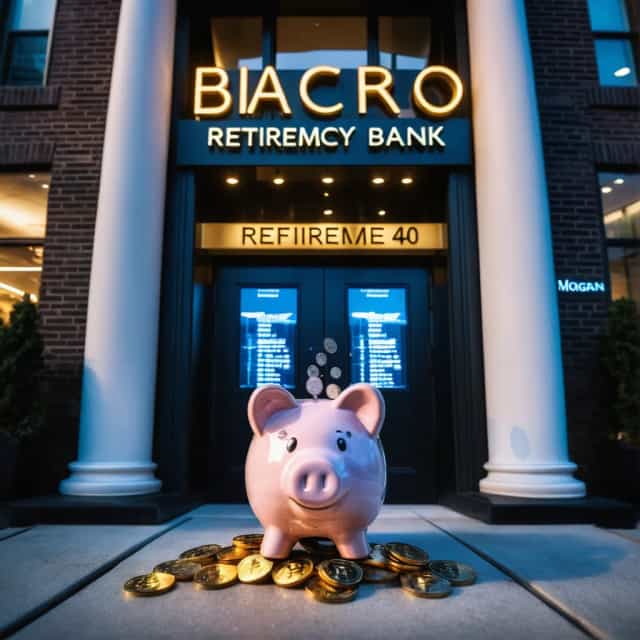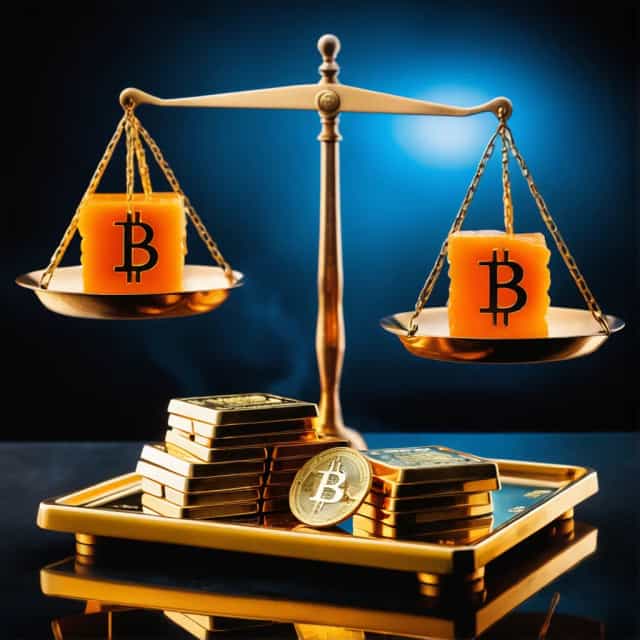![Digital Assets Earn Innovative Industry Status Amid Venture Business Deregulation [Kang Ryeon-ho’s Crypto Insight]](/_next/image?url=https%3A%2F%2Fwww.blockmedia.co.kr%2Fwp-content%2Fuploads%2F2025%2F02%2F%25EA%25B0%2595%25EB%25A0%25A8%25ED%2598%25B8-%25EB%25B3%2580%25ED%2598%25B8%25EC%2582%25AC-%25EC%25B9%25BC%25EB%259F%25BC%25EC%25BB%25B7.png%3Fformat%3Dwebp%26width%3D600&w=1200&q=70)
Image source: Block Media
South Korea's Venture Certification Breakthrough: Unlocking Potential for Blockchain and Digital Assets
South Korea has taken a landmark step by lifting restrictions on venture certification for crypto and blockchain firms. In a decisive move signaling its dedication to digital finance and blockchain innovation, the Ministry of SMEs and Startups amended the enforcement decree of the Venture Business Act last month. This update removes “digital asset trading and brokerage” from the list of restricted industries disqualified from venture certification. The change is not merely regulatory—it reflects the government’s strategic vision to establish blockchain and digital assets as key drivers of national innovation.
Revisiting the 2018 Decision: From Precaution to Progress
In 2018, South Korea imposed restrictions that excluded “blockchain-based crypto asset trading and brokerage” from venture certification eligibility. The decision wasn’t intended to outlaw crypto businesses but was a precaution against what was, at the time, a highly speculative and volatile market.
Over the past seven years, the cryptocurrency market has matured significantly, evolving from being purely speculative to serving as a cornerstone in the global financial ecosystem. South Korea has adapted accordingly, creating an extensive regulatory framework, including the Specific Financial Information Act and the forthcoming Virtual Asset User Protection Act. These measures have prioritized investor protection and market transparency. As the sector gains legitimacy and stability, removing these restrictions is a strategic move, opening doors for blockchain and digital asset firms to thrive.
Global Digital Asset Integration Gains Momentum
The global financial landscape is increasingly embracing digital assets, with pivotal milestones reinforcing this trend. For instance, the U.S. Securities and Exchange Commission (SEC) is expected to approve spot Bitcoin ETFs by early 2024. Groundbreaking legislation like the GENIUS Act, set for stablecoin regulation by mid-2025, and the listing of major crypto exchanges on U.S. stock markets illustrate institutional acknowledgment of digital asset legitimacy. These global advancements underscore the growing acceptance of blockchain technology in traditional finance.
South Korea itself has been proactive. A licensing system for virtual asset service providers (VASPs) was introduced through the 2021 amendment to the Specific Financial Information Act, creating a more structured environment. The impending Virtual Asset User Protection Act is further strengthening safeguards with stipulations for depositor protection, transaction transparency, and strict oversight of unfair trade practices.
Looking forward, South Korea is paving the way for comprehensive digital asset legislation, aimed at regulating issuance, distribution, and monitoring. This dual approach of strong oversight and open support heralds a new phase of industrial growth while ensuring accountability and transparency in operations.
Tackling Longstanding Inequities for Innovation
Digital asset businesses in South Korea have long struggled under associations with high-risk industries such as gambling and adult entertainment, a categorization critics argued stifled progress and global competitiveness. By amending the enforcement decree, the government has corrected this outdated classification. Blockchain-enabled crypto trading and brokerage firms now have the opportunity to gain venture certification, unlocking access to resources critical for innovation.
Venture certification provides several advantages, including tax incentives, policy loans, research and development funding, and support from government-backed initiatives. These opportunities position blockchain firms as serious contenders in the global market. Moreover, the amendment empowers businesses involved in blockchain, smart contracts, and cybersecurity—sectors brimming with technical potential and innovation—to secure the recognition and resources they deserve.
Policy Impact on Digital Asset Growth
This regulatory breakthrough extends far beyond the removal of restrictions; it signifies the government’s endorsement of blockchain and digital asset technologies as foundational economic pillars. The anticipated impacts of this policy shift are transformative:
1. Access to Innovation Capital
Blockchain and crypto firms certified as venture businesses can now benefit from financial advantages such as government-sponsored loans, tax breaks, and access to venture funds. This infusion of capital will stimulate technological advancements and drive their entry into global markets.
2. Deep-Tech Integration
Under the revised framework, digital asset enterprises will find it easier to integrate blockchain with other cutting-edge fields such as AI, cybersecurity, and data analytics. Collaborations across these industries can catalyze the creation of entirely new technological ecosystems, paving the way for market expansion.
3. Shaping Industry Perceptions
South Korea's policy shift transforms the digital asset industry’s public image—from a high-risk, speculative endeavor to a well-regulated, innovation-driven sector. Enhanced investor confidence and global recognition are tangible ripple effects of this change.
4. Global Competitiveness
As major economies like the U.S., Europe, and Japan refine their digital asset regulations, South Korea’s inclusive venture policies ensure the nation remains a key player in the rapidly evolving global digital economy. This enables South Korea to attract international talent and investment in blockchain developments.
Driving Economic Transformation
The amendment of the Venture Business Act enforcement decree underscores South Korea’s forward-thinking approach in leveraging blockchain and digital assets to fuel its economy. By bringing these industries onto an equal competitive plane with traditional ventures, the government empowers them to flourish locally and internationally.
From speculation to innovation, digital assets are no longer confined to their early perceptions of risk. South Korea’s collaboration between regulators and industry leaders is driving foundational changes, ensuring transparency and fostering trust across markets. These efforts position the nation as a global hub for blockchain and digital finance, building the roadmap for a fully digitized economy of the future.










